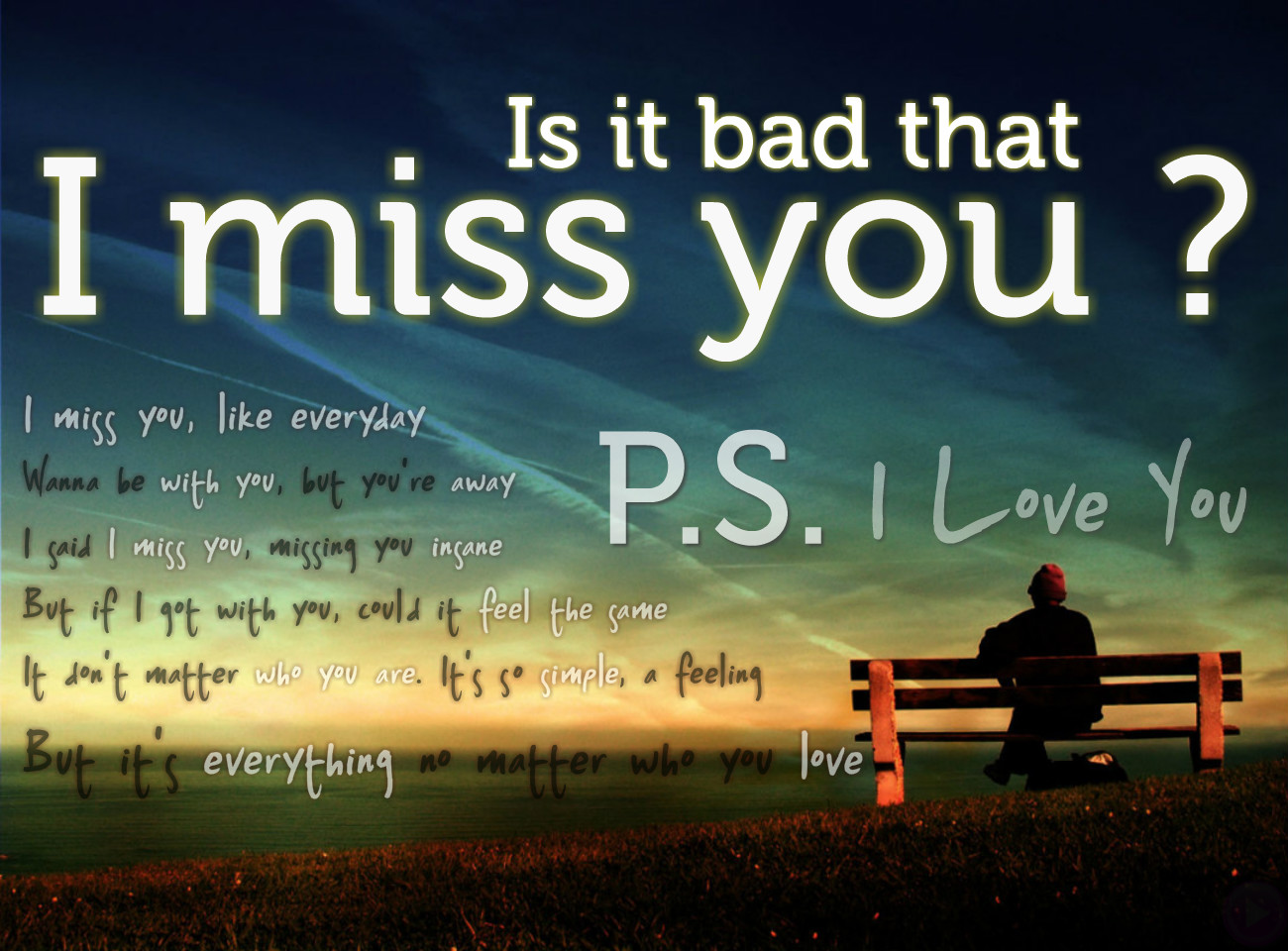Miss Messages: Understanding Communication Gaps And Their Impact
Miss messages are a common occurrence in our daily lives, affecting personal relationships, workplace dynamics, and social interactions. In a world where communication is predominantly digital, the nuances of language can often lead to misunderstandings and misinterpretations. This article delves deep into the world of miss messages, exploring their causes, effects, and how to mitigate their impact on our lives.
As we navigate through various forms of communication, from text messages to emails, the potential for miss messages increases. Miscommunication not only hampers effective dialogue but can also lead to conflicts and strained relationships. Understanding the dynamics of miss messages is essential for fostering better communication skills and strengthening connections with others.
In this comprehensive guide, we will explore the various aspects of miss messages, including their definition, real-life examples, and practical solutions. By the end of this article, you will gain a deeper understanding of how to enhance your communication skills and minimize the risks associated with miss messages.
Table of Contents
- What Are Miss Messages?
- Causes of Miss Messages
- Effects of Miss Messages
- Real-Life Examples of Miss Messages
- How to Avoid Miss Messages
- Improving Communication Skills
- The Role of Technology in Communication
- Conclusion
What Are Miss Messages?
Miss messages refer to any form of communication that is misinterpreted or misunderstood by the recipient. This can occur in various formats, including spoken words, written texts, emails, and even non-verbal cues. The essence of miss messages lies in the disconnect between the sender's intention and the recipient's interpretation.
Types of Miss Messages
- Verbal Miscommunication: Involves misunderstandings during conversations.
- Written Miscommunication: Occurs in texts, emails, or letters where tone and intent can be misconstrued.
- Non-verbal Miscommunication: Relates to body language, facial expressions, and gestures that may convey unintended messages.
Causes of Miss Messages
Understanding the causes of miss messages is crucial for effective communication. Here are some common factors that contribute to miscommunication:
- Lack of Clarity: Ambiguous language or unclear instructions can lead to confusion.
- Cultural Differences: Variations in cultural norms can result in different interpretations of messages.
- Emotional State: The sender or recipient's emotional state can influence how messages are conveyed and received.
- Technology Limitations: Text-based communication lacks tone and context, increasing the chances of misinterpretation.
Effects of Miss Messages
The impact of miss messages can be significant, affecting various aspects of life:
- Interpersonal Relationships: Misunderstandings can strain friendships, romantic relationships, and family connections.
- Workplace Dynamics: Miss messages can lead to conflicts, decreased productivity, and a toxic work environment.
- Emotional Well-being: Prolonged miscommunication can result in feelings of frustration, isolation, and anxiety.
Real-Life Examples of Miss Messages
To illustrate the concept of miss messages, consider the following examples:
- Text Message Misinterpretation: A friend sends a sarcastic message, and the recipient interprets it as genuine, leading to hurt feelings.
- Email Confusion: An employee misinterprets their manager's email, resulting in a missed deadline and frustration.
- Non-verbal Cues: A person smiles during a serious conversation, causing the other party to misread their emotions.
How to Avoid Miss Messages
To minimize the occurrence of miss messages, consider implementing the following strategies:
- Clarify Intentions: Always be clear about your message and ask for confirmation if needed.
- Use Active Listening: Pay attention to the speaker and ask questions to ensure understanding.
- Be Mindful of Tone: In written communication, use punctuation and emojis to convey tone appropriately.
- Adapt to the Audience: Tailor your communication style to suit the recipient's preferences and cultural background.
Improving Communication Skills
Effective communication is a skill that can be developed over time. Here are some tips for enhancing your communication abilities:
- Practice Empathy: Try to understand the other person's perspective and emotions.
- Engage in Dialogues: Encourage open discussions to foster a safe space for sharing thoughts and feelings.
- Seek Feedback: Ask others for feedback on your communication style and make adjustments as needed.
The Role of Technology in Communication
Technology plays a significant role in modern communication, both positively and negatively. While it facilitates quick exchanges, it can also contribute to misunderstandings:
- Instant Messaging: Quick replies can lead to impulsive messages that lack clarity.
- Social Media: Public platforms can amplify miss messages, leading to widespread misinterpretation.
- Video Conferencing: Virtual meetings can sometimes hinder non-verbal communication cues.
Conclusion
In conclusion, miss messages are an unavoidable part of communication that can have varying effects on our personal and professional lives. By understanding the causes and consequences of miscommunication, we can take proactive steps to minimize misunderstandings. Remember to practice empathy, clarify intentions, and adapt your communication style to foster better connections with others. If you found this article helpful, feel free to leave a comment, share it with others, and explore more articles on our site.
Thank you for reading, and we look forward to seeing you again soon!
Discovering The Life And Achievements Of Ms. Dianna
Exploring The World Of Boy Actors: Rising Stars In The Entertainment Industry
Yasmin Bleeth: A Journey Through Fame, Challenges, And Resilience


